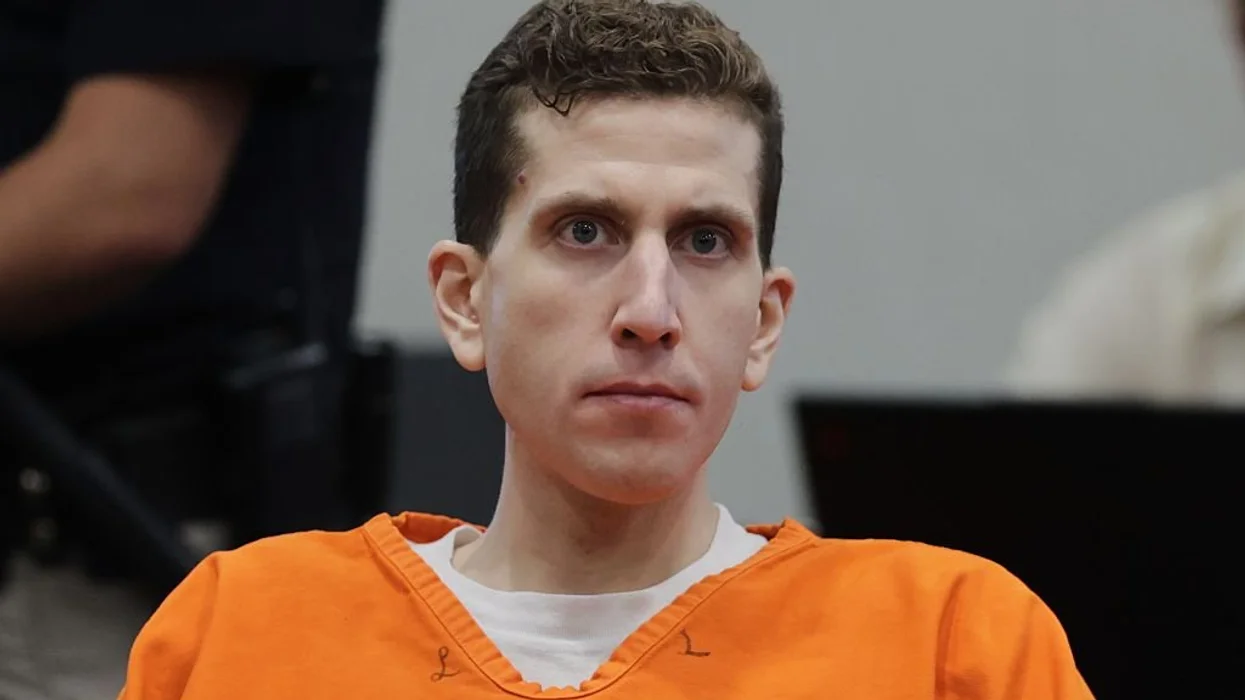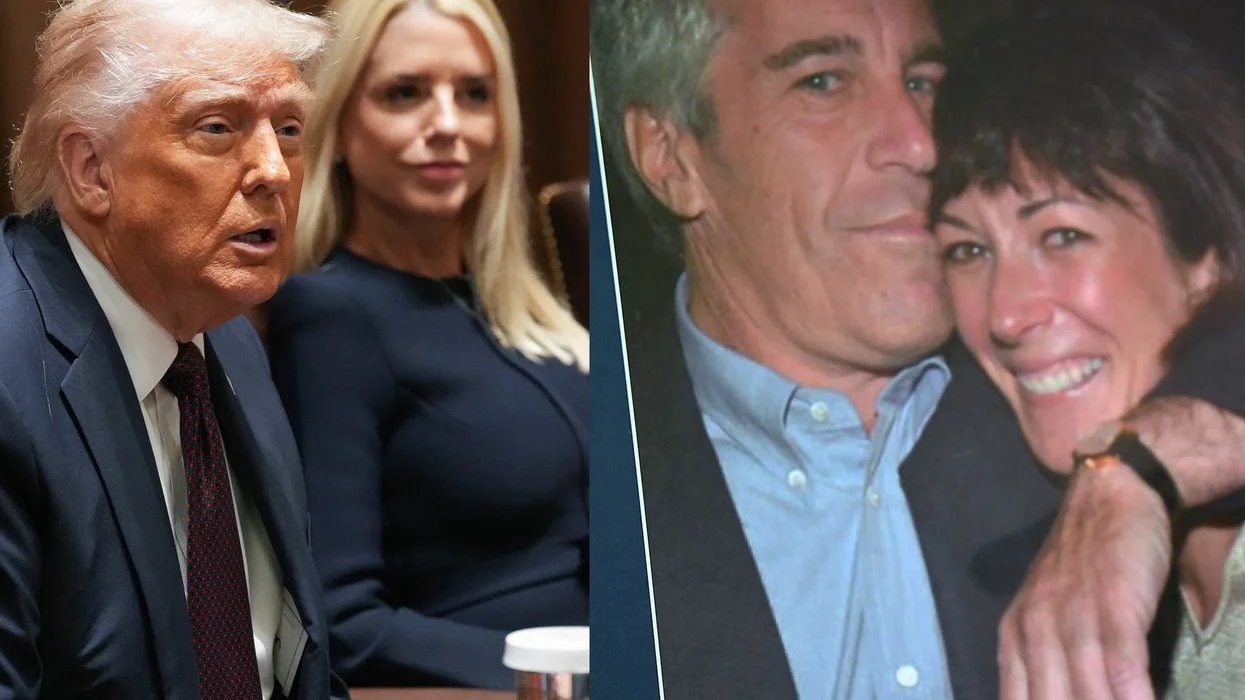
© 2025 Blaze Media LLC. All rights reserved.
"he is or was a Theist & a Rationalist"
 A long-lost letter written by one of of Abraham Lincoln's close friends is raising questions about one of the country's greatest presidents and his faith. Mainly, what did the lanky Land-of-Lincolnite believe?
A long-lost letter written by one of of Abraham Lincoln's close friends is raising questions about one of the country's greatest presidents and his faith. Mainly, what did the lanky Land-of-Lincolnite believe?
According to a letter written by Springfield, IL lawyer and Lincoln confidant William Herndon in 1866, the answer is confusing. In the letter, Herndon claims Lincoln was more of a theist that didn't believe in the supernatural.
"Mr. Lincoln's religion is too well known to me to allow of even a shadow of a doubt; he is or was a Theist & a Rationalist, denying all extraordinary -- supernatural inspiration or revelation," Herndon writes in the letter obtained by the Raab Collection of Philadelphia.
"At one time in his life, to say the least, he was an elevated Pantheist, doubting the immortality of the soul as the Christian world understands that term. He believed that the soul lost its identity and was immortal as a force. Subsequent to this he rose to the belief of a God."
The letter is considered a fascinating development because, despite being raised a Baptist, Lincoln apparently was never baptized, didn't join a church as an adult, and was often coy about his beliefs.
"In rare instances," however, "he divulged his true feelings to one close friend, longtime confidant and law partner, William Herndon," said Nathan Raab, vice president of the Raab Collection. "He did believe in God, however difficult it might be to easily define those beliefs."
According to Lincoln historian and biographer Ronald White, Herndon's letter was in response to attempts to Christianize the 16th president after his assassination.
But as Discovery News reports, Herndon's knowledge of Lincoln's faith is relegated to the years before he became president -- the years before a national crises may have awakened his faith. And there is evidence that such a thing did happen:
But the challenges of a presidency, the angst of the Civil War and the 1862 death of his 11-year-old son would push Lincoln to consider God in ways he never had before, said White, who added that religion is something most Lincoln biographers have skimmed over.Lincoln's second inaugural address points to his eventual embrace of religion in midlife, White said. The speech, which was just 701 words long, mentions God 14 times and quotes the Bible four times, with two references to the Old Testament and two to the New Testament. In comparison, there were zero biblical references in his first inaugural and just one Bible quote in all previous inaugural addresses combined.
After his son's death, Lincoln also developed a strong relationship with a Presbyterian minister named Phineas Densmore Gurley. And after his own death in 1865, Lincoln's secretary John Hay found an untitled and undated document in Lincoln's desk that both questioned God's presence in the midst of the Civil War and offered affirmation that God was somehow a silent actor in the war. Hay called it: Meditation on the Divine Will.
"I'm arguing that Lincoln went on a remarkable faith journey that moves forward quickly and matures during his four years as president," White told Discovery News. "He was not just dropping phrases from the Bible. In both the second inaugural and the Meditation on the Divine Will, he was dealing at a very deep level with profound religious questions."
The letter is currently being sold for $35,000.
Want to leave a tip?
We answer to you. Help keep our content free of advertisers and big tech censorship by leaving a tip today.
Want to join the conversation?
Already a subscriber?
more stories
Sign up for the Blaze newsletter
By signing up, you agree to our Privacy Policy and Terms of Use, and agree to receive content that may sometimes include advertisements. You may opt out at any time.
Related Content
© 2025 Blaze Media LLC. All rights reserved.
Get the stories that matter most delivered directly to your inbox.
By signing up, you agree to our Privacy Policy and Terms of Use, and agree to receive content that may sometimes include advertisements. You may opt out at any time.





